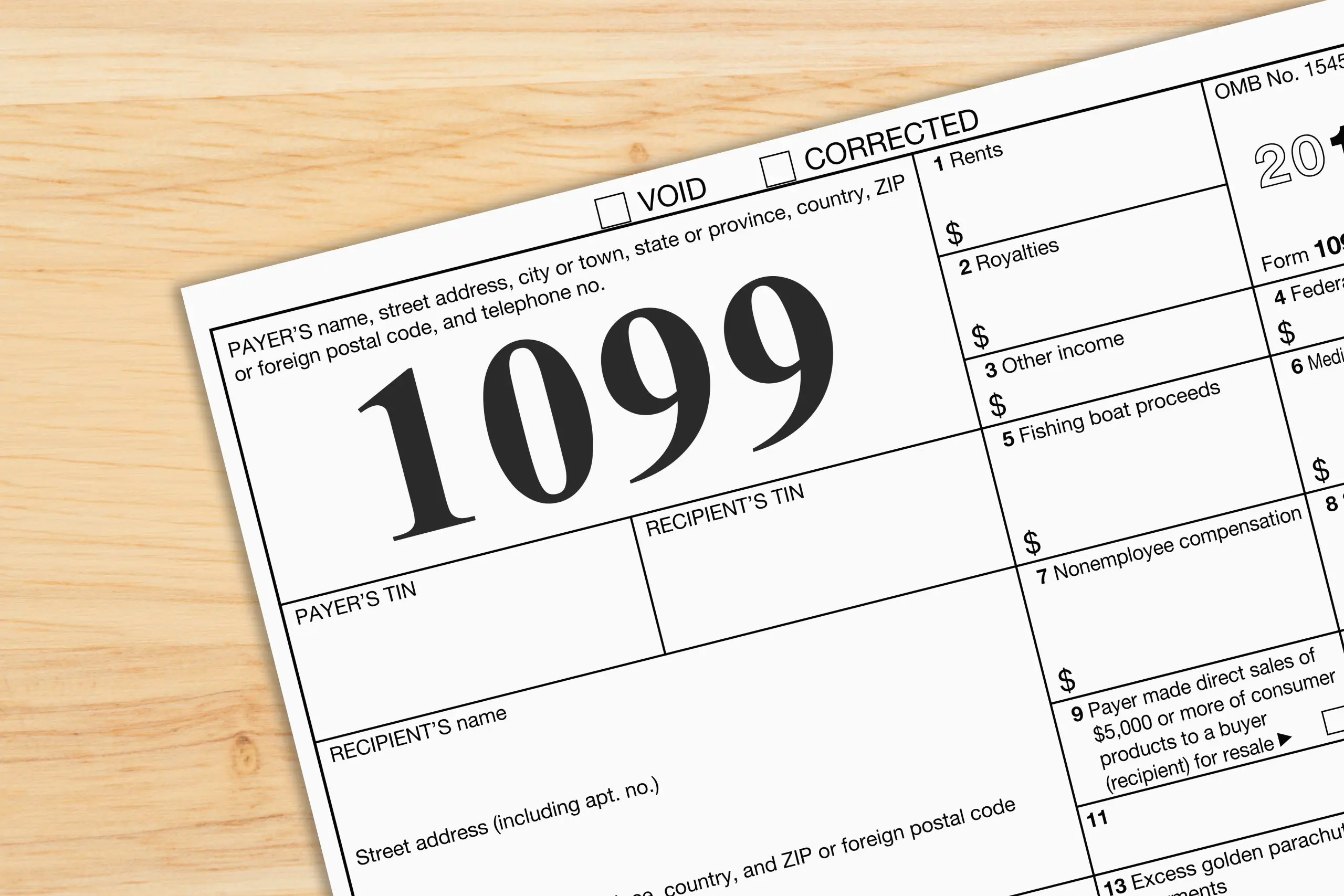This Friday, February 12, is the official start date of tax season. While not nearly as exciting as the recently concluded football season or the anticipated upcoming baseball season, it is an important date for those expecting a tax refund.
So, what exactly happens on that date, and what is the significance?
February 12 is the day the IRS will begin accepting tax returns for processing. The average processing time for refunds made by direct deposit is about three weeks. This means that if you are expecting a refund and you file your return electronically by February 12, your refund should be directly deposited into your bank account no later than March 5. Note that paper returns mailed to the IRS with the expectation of being received on February 12 most likely take longer to process.
The three-week turnaround time assumes that the IRS processes the return with no incomplete information or math errors. Incomplete information and math errors can delay the processing of the return and your refund.
Math errors occur more frequently than you think. The IRS generated tax notices for 1.9 million math errors for 2018 tax returns filed in 2019. That requires a lot of people keypunching numbers into a computer to check on your math!
Paper-filed returns are more likely to contain math errors, which is why the IRS has encouraged more taxpayers to use tax software or the IRS Free File service. Of the 154 million tax returns filed in the fiscal year 2019, 16 million were still paper-filed.
The February 12 start date may be premature for many people who have not yet received all their tax documents. W-2 forms, 1099-R Forms, and standalone 1099-DIV and INT Forms are likely to have been received by now. However, information reported by your brokerage firm may not have been sent yet.
Brokerage firms such as Schwab and TD Ameritrade send Form 1099 Consolidated, which consists of Forms 1099-INT, 1099-DIV, 1099-MISC, 1099-OID, and 1099-B. The consolidated form is not required to be postmarked until February 16, 2021, four days after tax season begins.
This may seem unfair, but the reason behind the time delay has some validity. Brokerage firms need time to characterize the income you received during the year correctly. They often rely on other firms, such as a mutual fund family, to accurately report this information. In the past, when due dates were at the end of January, brokerage firms reported information that turned out to be incorrect and would then need to send out a corrected 1099 Form. Many taxpayers, thinking that the first 1099 was correct, had already filed their returns and then had to file an amended return with the updated figures. This still occurs, but much less frequently than it used to.
As long as Congress continues to make tax law changes close to the end of the calendar year, it is not likely the start of tax season will be any sooner than it already is. It is also unlikely that brokerage firms will report information any sooner than they already do.
If you expect a refund, the bottom line is don’t expect the refund until early March (at best). If you owe money, that payment due date remains April 15. And while the 2019 tax return due date was switched to July 15 last year to protect people from having to leave the house to file their taxes in the midst of a quarantine, the IRS has not moved the date back from April 15 for this year and is not likely to do so.



